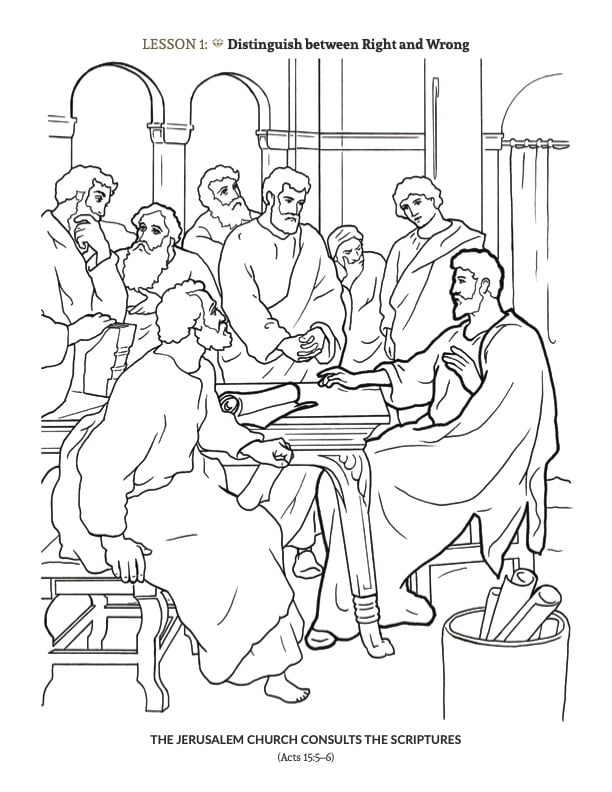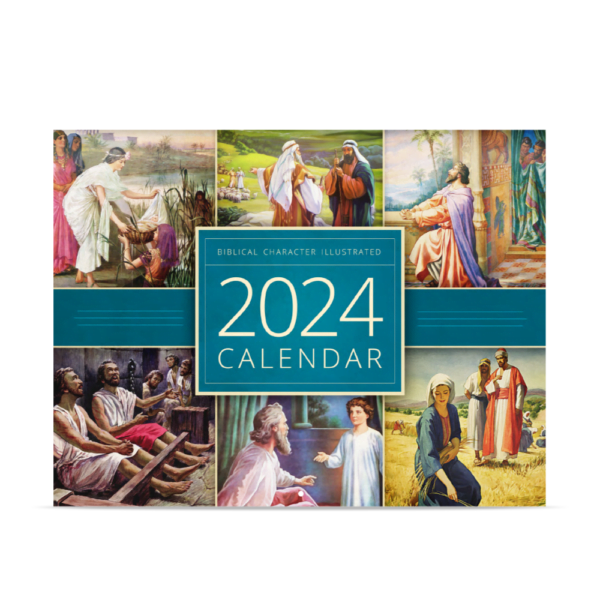
Key Verse
The operational definition of discernment is “the God-given ability to understand why things happen.” You may be dealing with circumstances in your life or in the world around you that you are trying to understand. What is the cause of such a devastating hurricane? Why would a loved one get cancer? Science may explain the happenings of the physical world based on universal laws of nature, but the purposes of God behind those events can only be understood, or discerned, by His Spirit. God, in His omniscience, has deeper reasons for each circumstance and is working to fulfill His plans. As the Holy Spirit guides you as you read and study His Word, you will begin to grasp the deeper things of God. (See I Corinthians 2:10–16.) Having the mind of Christ (or thinking in accordance with Scripture) is the first necessary requirement for learning discernment.
Lacking discernment leads to wrong judgments. Without knowing the facts, an undiscerning person often arrives at incorrect conclusions. Someone who makes rash judgments about others often forms opinions about them based only on what he sees on the surface. He is critical of others when he sees their faults, and he fails to realize that the failures he reacts to in others are often identical to his own! Jesus alluded to this attitude when He spoke about being quick to see a speck in another’s eye while overlooking the plank that was in one’s own eye. (See Matthew 7:3–5.) A person who lacks discernment is focused more on faultfinding and finger-pointing. He fails to try to see “below the surface” to understand another’s situation or seek ways to help him. Instead of judging others, seek to understand them, pray for them, and help them as God leads and enables you.
Evaluation Questions
- In order to discern between right and wrong, do I first ask God for an understanding heart?
- Do I ask God to reveal anything in my life that would hinder me from sensing the Holy Spirit’s leading?
- When receiving a report, do I listen to both sides of the story before coming to a conclusion?
- Do I seek to know a person’s circumstances and background before making a judgment?
- Am I able to see past a surface conflict, identify the root problem, and then find its solution in Scripture?
- Do I try to learn from my mistakes so that I am less likely to repeat them?
- When I observe immaturity in someone else, do I examine myself for similar faults?
- Do I know how to distinguish between God’s wisdom and my natural tendencies?
More About Discernment


God enables me to:
Look beneath the surface.
Establish the facts.
Identify consequences.
Distinguish between right and wrong.
Pursue holiness.
Ask questions.
Keep from judging hastily.
Learn from experience.
Not repeat mistakes.
Trace problems to their root causes.
Discernment in Scripture
The Jerusalem Church Consults the Scriptures

Revealed in Nature
Bobcat

For Kids
Biblical Character Illustrated Curriculum
View the Discernment booklet sample:
Free Resources for Discernment
Enjoy these selections from the Biblical Character Illustrated Curriculum that are fun and memorable!














